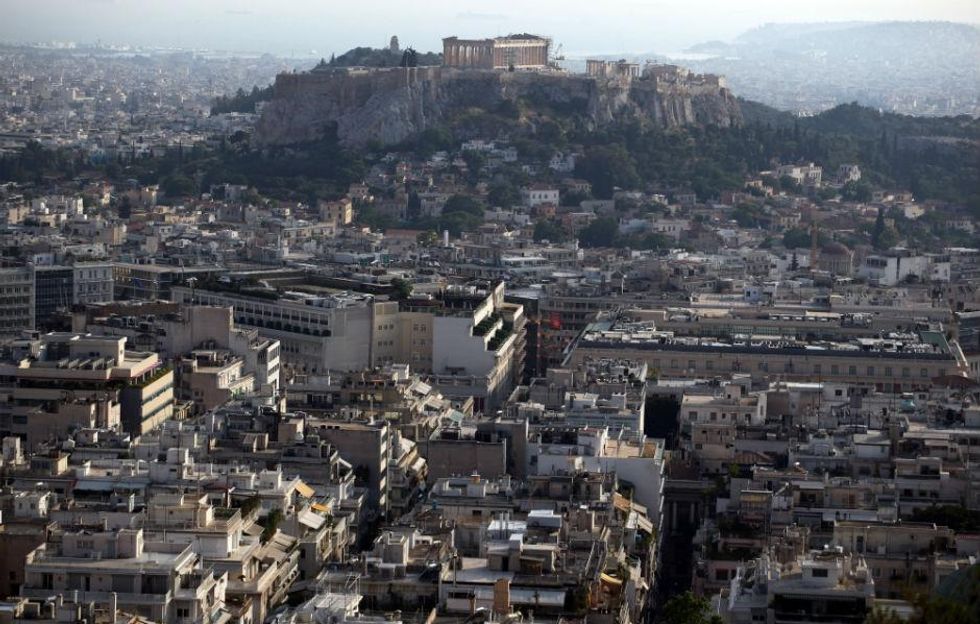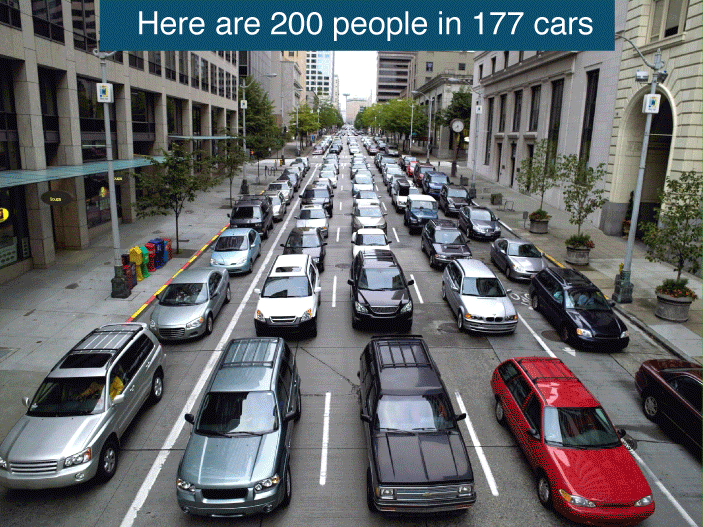News
Evan Bartlett
Oct 20, 2015
The city of Oslo is planning to completely ban cars from its roads by 2020 which councillors say will "benefit all citizens".
If the plan is achieved, the Norwegian capital will become the first major city in Europe to implement such a ban.
Here's a list of other cities which are leading the car-free revolution:
Stockholm, Sweden
Became the first major city in Europe to introduce a low-emission zone in 1996. Since then, hundreds of other cities across the continent have followed suit, including the likes of London and Berlin.
Hamburg, Germany
The north German city is aiming to create a web of connected green spaces ("gruenes netz") in the next two decades which will cover 40 per cent of the urban area - making it as easy as possible for its citizens not to use cars.
Copenhagen, Denmark
The city is creating a "revolutionary" network of cycle superhighways, which, according to City Lab, bear "smooth pavement, good lighting, separation from traffic, safe road crossings, rain shelters, and air pumps" and will cover 290 miles of the city and its surrounds by 2018.
Athens, Greece
The Greek capital, along with cities like Beijing and Mexico City, has tried a system of "road space rationing" whereby cars with certain number plates are banned from travelling in the city centre on certain days of the week.
Although one problem with this scheme is that car owners buy cheap, low-efficiency cars with the opposing number plate so they can travel every day of the week.
Tegucigalpa, Honduras
A similar scheme to Athens' was implemented in the Honduran capital in 2008, in which owners of vehicles had to register one day of the week when they would not drive into the city. If their car was spotted on the roads, the owner would be fined up to $40.
Helsinki, Finland
Despite an expected growth in population, city planners in Helsinki want to make it as easy as possible to walk everywhere by creating a "network of dense, walkable neighbourhoods that are virtually car-free" by 2050, according to Fast Company.
Milan, Italy
City planners in Milan introduced a scheme whereby tracking devices are placed on cars and owners are rewarded with a public transport voucher if the car stays parked at home between 7.30am and 7.30pm.
Paris, France
Ahead of the crucial climate summit due to start in the city next month, mayor of Paris Anne Hidalgo decided to make a statement: the city would ban all cars from its city centre for a day. On Sunday 27th September, there was an unusual calm on the streets and Parisians reported that the sky above the French capital was bluer than they'd ever seen it before.
Brussels, Belgium
Already boasting one of the largest pedestrianised city centres anywhere in Europe, the Belgian capital also runs an annual car-free Sunday in September.
Venice, Italy
While certainly not a new innovation, Venice is perhaps a perfect example of a city that can function without automobiles. Citizens in Europe's largest car-free area use the city's famous waterways to make their way around instead.
All pictures: Getty
Don't like the idea of a city without cars? This gif, created by International Sustainable Solutions, might just change your mind:
More: One image shows what cities would look like without cars
Top 100
The Conversation (0)














